Planning a winter safari in South Africa? You’re in for a treat! The winter months (May to August) are among the best times to visit the bush: dry conditions make for exceptional game viewing, temperatures are cooler, and the golden light is a dream for photographers. But what should you pack to make the most of your winter safari? We’ve outlined some of our top tips below.
Safari Lingo: The Big Five
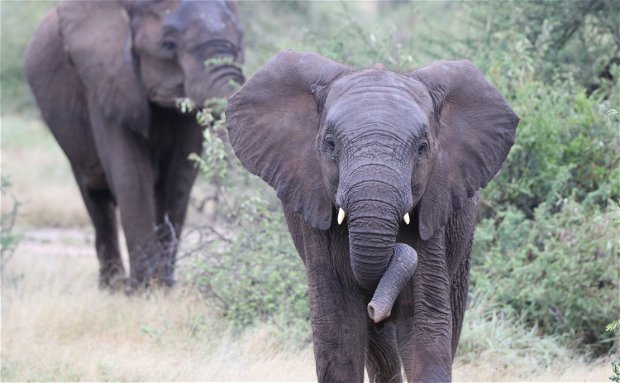
Ever wondered about all that safari lingo? Don't get your trunk in a twist! From who are the Big Five (and why) to what they're called in the local language - here's our guide to naming the Big Five.
What are the Big Five? It’s a common question we get on safari. After all, they are often marketed as the ‘must-see’ animals on any trip to South Africa. The short answer is, the Big Five are composed of lion, leopard, buffalo, elephant and rhino.
Curiously, you might notice there are a few ‘big’ animals missing from this list. What about giraffes or hippos? They are certainly much larger than a leopard! The reasoning behind this comes from the origin of the phrase ‘Big Five’. Rather than being the five biggest animals in the African bush, the phrase was originally a hunting term and referred to the five most dangerous animals to encounter on foot.
Thankfully, the idea of hunting the Big Five nowadays is largely outdated. Instead, travellers and animal lovers the world over come to see and experience these animals in their natural habitat. The thrill of sitting next to a wild lion or enormous elephant in a safari vehicle as they go about their business is incomparable!
At Klaserie Drift, we are fortunate to be located in the Greater Kruger, where the Big Five roam freely amongst a myriad of other fascinating wildlife. When driving around on safari, you might hear our guides talking in the local language – usually Shangaans but sometimes a combination with zulu/slang – when referring to specific animals on the radio. There’s several reasons for this (which we won’t unpack here) but, for the dedicated safari lovers out there – here’s a helpful guide to our Big Five safari lingo:
· Lion – Ngala
· Leopard – Yingwe (usually pronounced ingwe)
· Elephant – Ndlopfu
· Buffalo – Nyarhi or Nyathi
· Rhino (white) – Mkhumbi (usually spoken as mkhombe)
· Male – madoda
· Female – mfasi
So, next time you’re on safari, you can impress your guide with a little bit of insider knowledge!
Further Reading
Sometimes, you’re just in the right place at exactly the right time. That was the case on one unforgettable morning at Klaserie Drift—an experience that will stay with both our guides and guests forever. Keep reading to get the full story!
Elephants are some of the most iconic animals on the planet, and encountering them on safari is always a powerful moment. But beyond their size and presence lies a world of incredible adaptations that help them thrive in their environment. From their trunks to their toes, every part of an elephant has evolved to serve a specific purpose—and the results are nothing short of remarkable. Here are five fascinating facts about elephant...

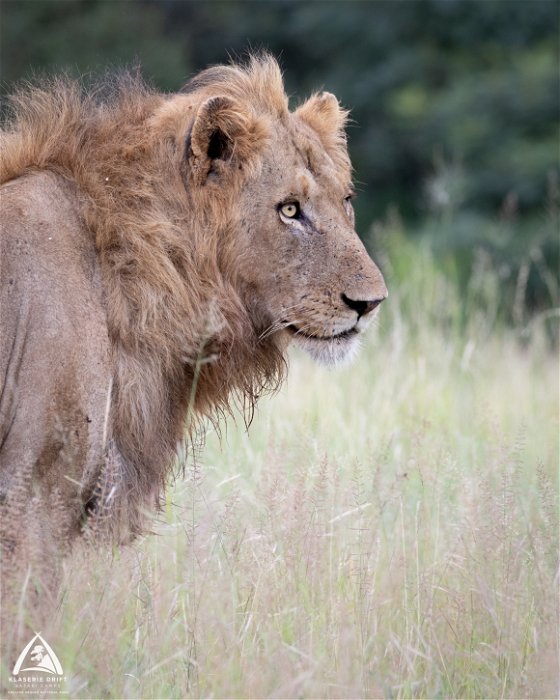
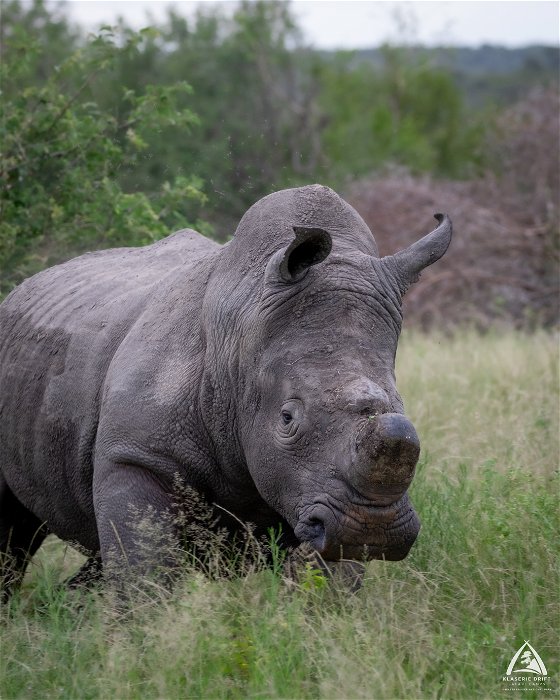
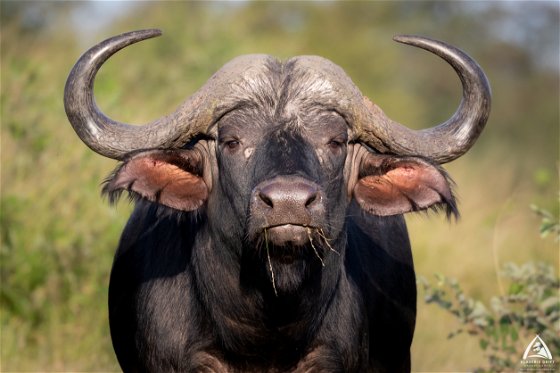
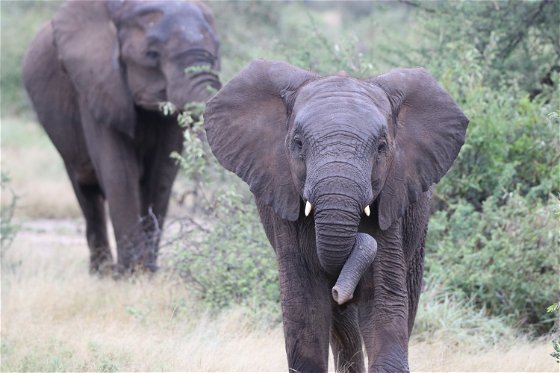
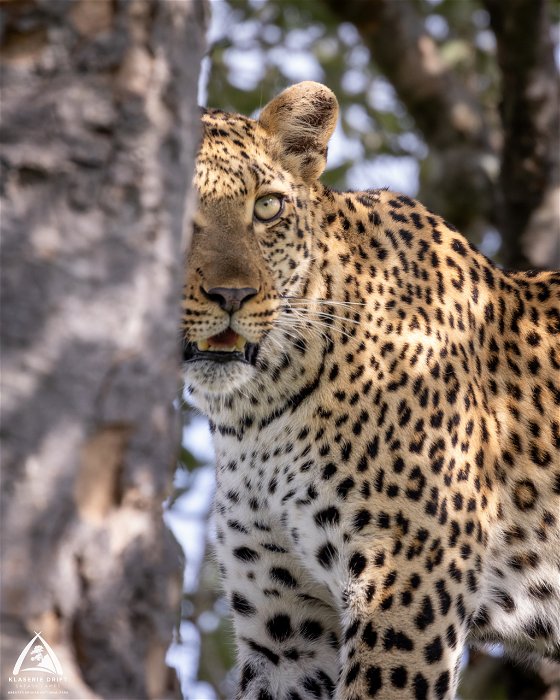




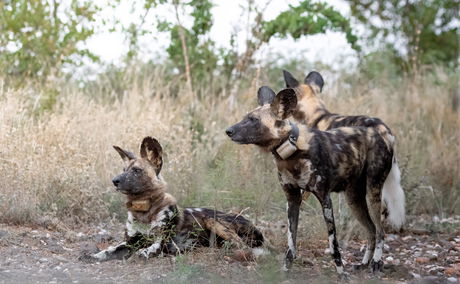
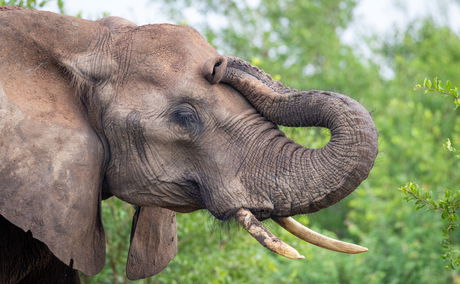

Share This Post